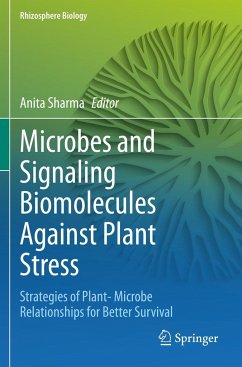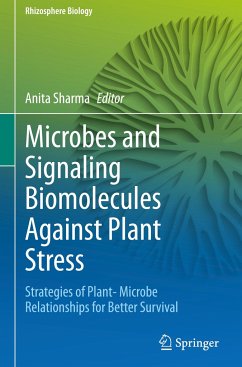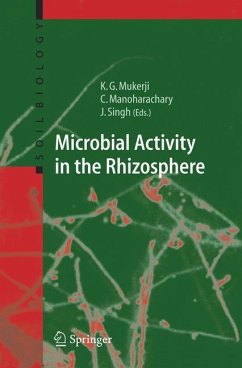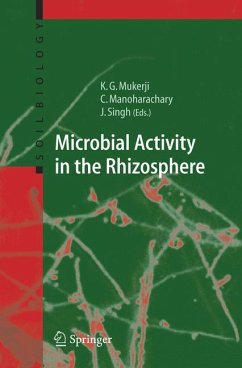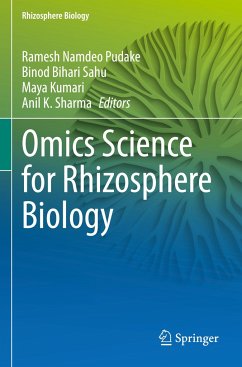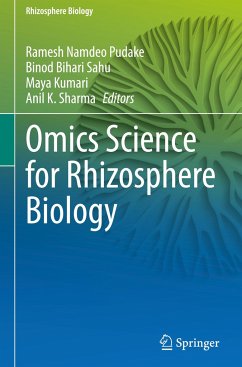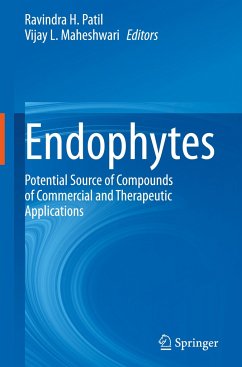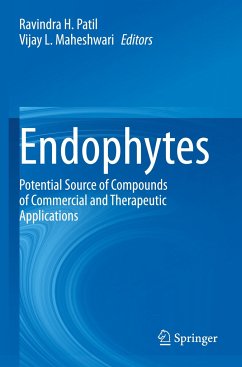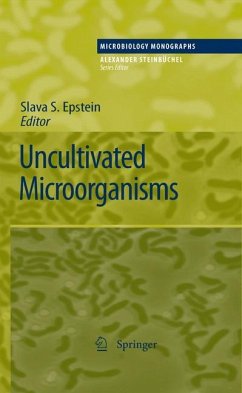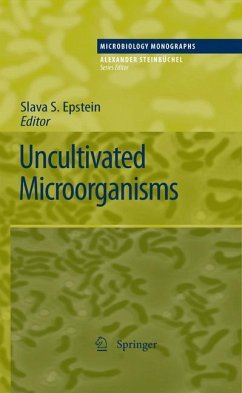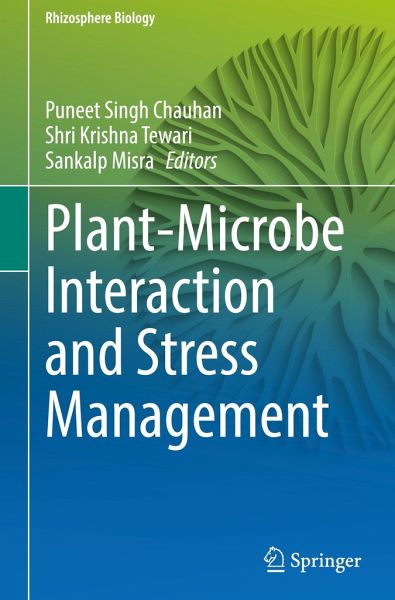
Plant-Microbe Interaction and Stress Management

PAYBACK Punkte
68 °P sammeln!
This book provides a comprehensive view for plant microbe interactions towards stress management and microbiome-assisted approaches in sustainable agriculture. It is divided into four major sections. The book gives insights into the increasing threat of abiotic and biotic stresses and the accompanying challenges to modern agriculture. Through different chapters, the book shows how various microorganisms could ameliorate abiotic and biotic stress, and contribute towards food sustainability and restore ecosystem functioning. It provides a deep understanding of soil microbiome and its interaction...
This book provides a comprehensive view for plant microbe interactions towards stress management and microbiome-assisted approaches in sustainable agriculture. It is divided into four major sections. The book gives insights into the increasing threat of abiotic and biotic stresses and the accompanying challenges to modern agriculture. Through different chapters, the book shows how various microorganisms could ameliorate abiotic and biotic stress, and contribute towards food sustainability and restore ecosystem functioning. It provides a deep understanding of soil microbiome and its interaction with plants, to enhance food security. It further talks about metagenomic approaches for methodological tool for studying the soil microbiome. Separate sections on stress, talk at length about the various abiotic and biotic stresses that plants are faced it. The book culminates with an exciting section on microbiome-assisted approaches for combating stress. It talks about the differentmicrobiomes such as rhizosphere, soil, phyllosphere and endophytic microbiome.
The book would be beneficial to students, researchers and course instructors in microbiology, botany, plant pathology and agriculture.
The book would be beneficial to students, researchers and course instructors in microbiology, botany, plant pathology and agriculture.



